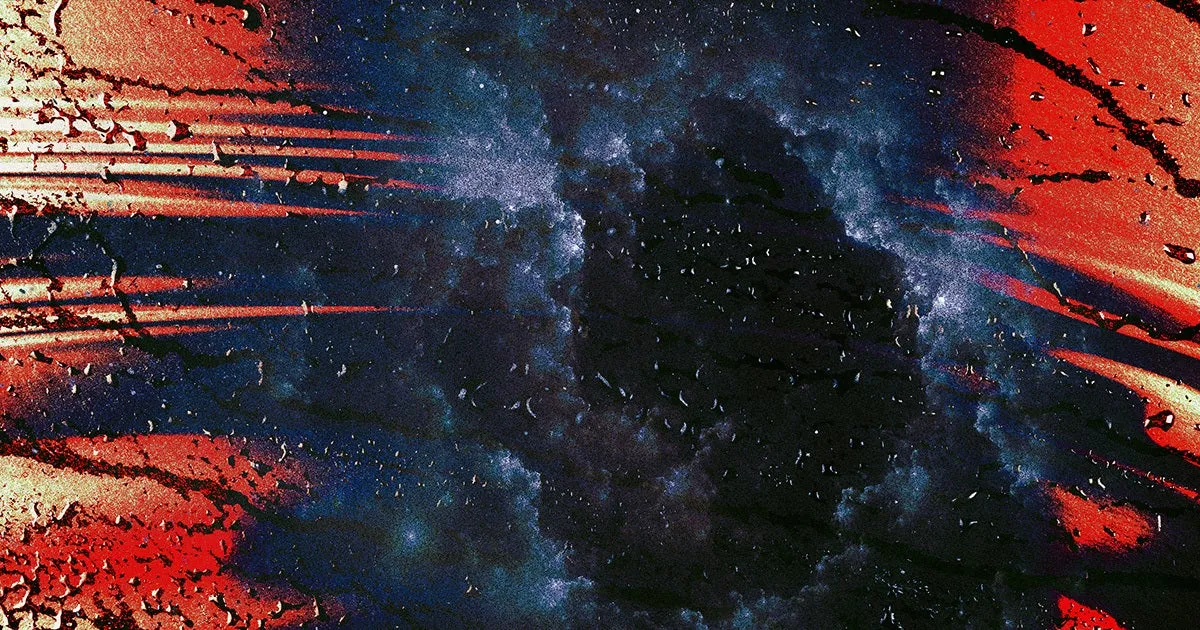
Dark energy, the enigmatic force believed to constitute approximately 70 percent of the universe, was originally hypothesized to account for the accelerating expansion of the cosmos. Historically perceived as a constant entity, recent findings from the Dark Energy Spectroscopic Instrument (DESI) challenge this long-standing assumption, suggesting that dark energy may have evolved over time. This revelation could significantly alter our current understanding of cosmology and physics.
The latest observations, which are currently awaiting peer review, provide pivotal insights into how the universe has developed and what its ultimate fate may hold. According to Mustapha Ishak-Boushaki, a cosmologist from the University of Texas and a member of the DESI team, these findings represent a potential paradigm shift in our comprehension of cosmic forces. “It sounds like it will be a paradigm shift, something that will change our understanding and the way we are putting all the pieces together,” he remarked to Quanta Magazine.
The DESI telescope, situated in Kitt Peak, Arizona, has undertaken an extensive survey of galaxies, measuring their properties to discern the influence of dark energy. To date, it has examined over 15 million galaxies, some located as far as 11 billion light-years away. This ambitious project has yielded the most detailed portrayal of galaxy formation and evolution, revealing how these celestial bodies have shifted and clustered over billions of years, which is believed to reflect the effects of dark energy.
Following up on preliminary data shared a year ago, the most recent results from DESI strongly indicate that the acceleration of the universe's expansion began earlier than previously thought. This acceleration appears to have reached its peak in the early universe and is now diminishing. Such a finding is significant; it contradicts the traditional notion that dark energy remains constant over time.
Dark energy is often associated with the concept of the cosmological constant, a term introduced by Albert Einstein. Initially proposed to explain why the universe does not collapse under its own gravity, Einstein later dubbed it his "biggest blunder." However, it regained prominence in the late 1990s alongside the theories of dark matter and dark energy. Within the framework of the lambda-CDM model, dark energy is theorized to counterbalance the gravitational forces of mass in the universe, facilitating an accelerated expansion.
Despite being the prevailing theory, the lambda-CDM model has faced scrutiny due to its inability to define the true nature of dark energy. While Einstein speculated that it was an intrinsic force of the vacuum of space, the model leaves many questions unanswered. Current DESI results, combined with extensive observations of the cosmic microwave background and thousands of supernovae, reveal a discrepancy of 4.2 sigma. This measurement suggests only a one in 30,000 likelihood that the lambda-CDM model is accurate. However, a definitive breakthrough in cosmology requires a five sigma threshold.
While the DESI findings have yet to reach the threshold for a conclusive discovery, they indicate a higher sigma level than previous reports, with more data expected over the next two years. One reassuring implication of a weakening dark energy could be that the universe might not continue to expand indefinitely, potentially averting a catastrophic fate where it tears itself apart. Conversely, if dark energy continues to diminish, there is a possibility it might reverse course, leading to a cosmic collapse.
The notion that dark energy can change over time opens new avenues for theoretical exploration. As Ishak-Boushaki aptly put it, “We were stuck with a cosmological constant. We are not stuck anymore.” The implications of these findings may redefine our understanding of cosmology, inviting new theories to explain the complex dynamics of the universe.
For more on the evolving field of cosmology and the potential for significant discoveries, stay tuned as researchers continue to explore the mysteries of dark energy and its impact on the universe.